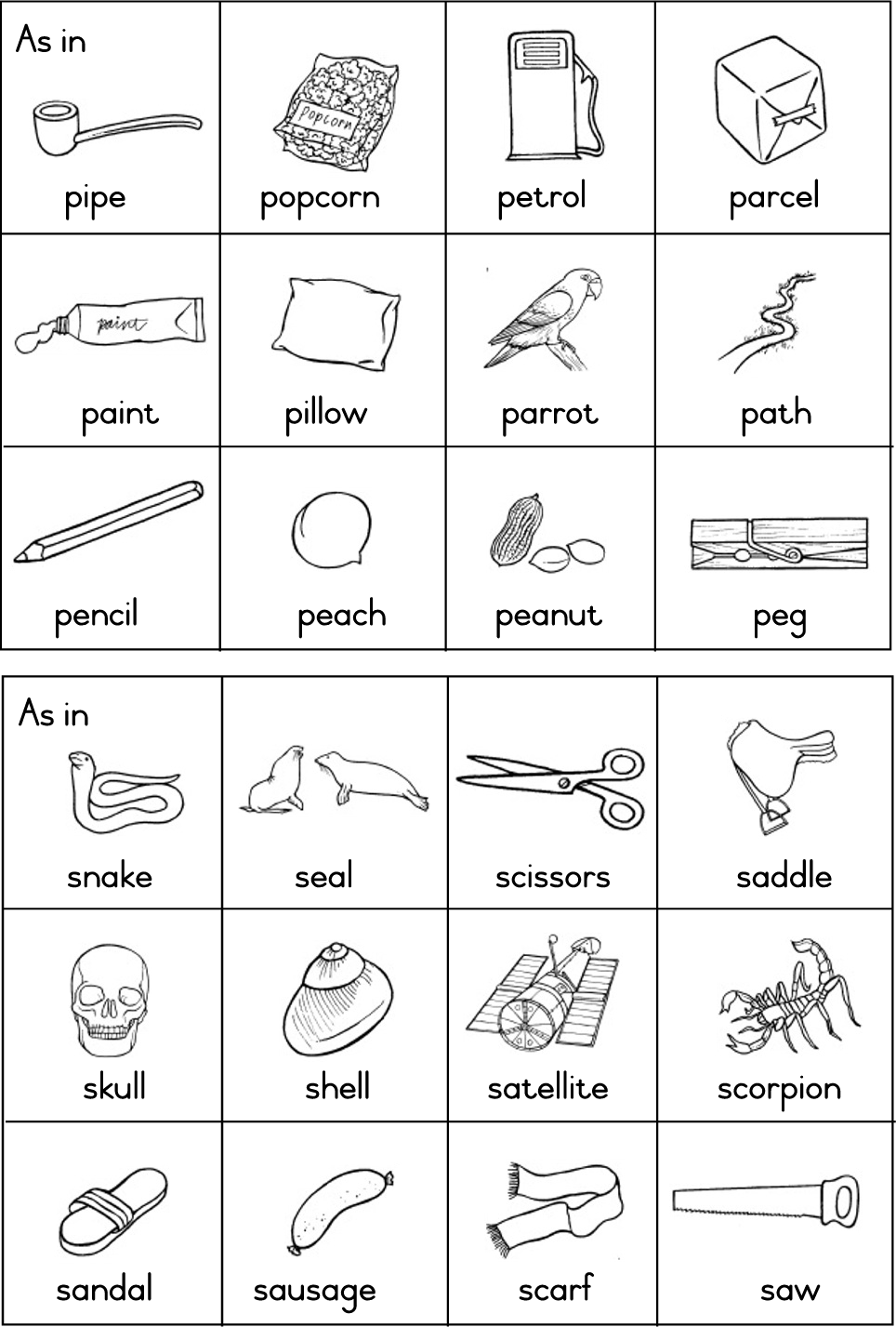| << Chapter < Page | Chapter >> Page > |
They are stories to read, birthday cards to make and problems to discuss.
Integration of themes
Learners can become involved in helping people who are victims of disasters like floods.
Learners realise that rain is important for Nature and Man.
Daddy Wop is very worried – very, very worried. Actually all the Wops are worried. Something terrible has happened!
It has been raining very hard in the forest. So much that Mr Mole’s underground train tunnel has flooded! Something like this has never happened before. Even the Wise Old Owl cannot remember such heavy rains ever falling in the forests. Now the Wops are desperate! You see, they cannot move out of the forest because the underground tunnels are flooded. They can’t reach the shops! Some Wops haven’t been to the shops for two weeks! Their food supply is very low. The Wops must have a new tunnel. They must have a new tunnel immediately, but how will they manage this?
The Wise Old Owl has asked everyone in the forest to come and help dig a new tunnel, but there are too few moles and the tunnel must be a long one, a strong one, a sturdy one and it must be dug quickly. Willy and all the other Wops help, but they are not used to building tunnels and they get tired very quickly. How on earth are they going to manage? Who will come and help the Wops?
(To be continued)
| LO 1.2 | LO 1.3.6 | ||
| LO 1.3.1 | LO 2.8 |

Tiny is a little Toobie.She has blue eyes

Tiny likes to talk to the big green frog.

Tuck is her brother.He plays with Tiny

Tuck catches two yellow butterflies.
| LO 3.1.2 | LO 3.4.1 | LO 3.3.1 |

| LO 3.4.1 |

| LO 3.4.1 |

| LO 1.6.1 | LO 3.2.4 | LO 3.4.1 |
Learning Outcome 1: LISTENING: The learner is able to listen for information and enjoyment and respond appropriately and critically in a wider range of situations.
Assessment Standard 1.2: We know this when the learner demonstrates appropriate listening behaviour by listening without interrupting, showing respect for the speaker, and taking turns to speak, and asking questions for clarification;
Assessment Standard 1.3: We know this when the learner listens with enjoyment to short stories, rhymes, poems and songs form a variety of cultures, and shows understanding;
1.3.1 listens for the main idea and important details in the story;
1.3.6 answers open questions about the story;
Assessment Standard 1.6: We know this when the learner develops phonic awareness:
1.6.1 distinguishes between different phonemes, especially at the beginning of words.
Learning Outcome 2: SPEAKING : The learner is able to communicate confidently and effectively in spoken language in a wide range of situations.
Assessment Standard 2.8: We know this when the learner contributes to class and group discussions;
2.8.1 by taking turns, asking questions and showing sensitivity to the rights and feelings of others.
Learning Outcome 3: READING AND VIEWING : The learner is able to read and view for information and enjoyment and respond critically to the aesthetic, cultural and emotional values in texts.
Assessment Standard 3.1: We know this when the learner uses visual clues to make meaning:
3.1.2 uses illustrations to interpret the meaning of stories, and tells a story;
Assessment Standard 3.2: We know this when the learner role-play reading:
3.2.4 uses pictures to construct ideas;
Assessment Standard 3.3: We know this when the learner makes meaning of written text:
3.3.1 reads a story with the teacher and discusses the main idea;
Assessment Standard 3.4: We know this when the learner recognises letters and words and makes meaning of written text:
3.4.1 reads simple written materials (labels, stories, etc.) for different purposes.

Notification Switch
Would you like to follow the 'English home language grade 1' conversation and receive update notifications?